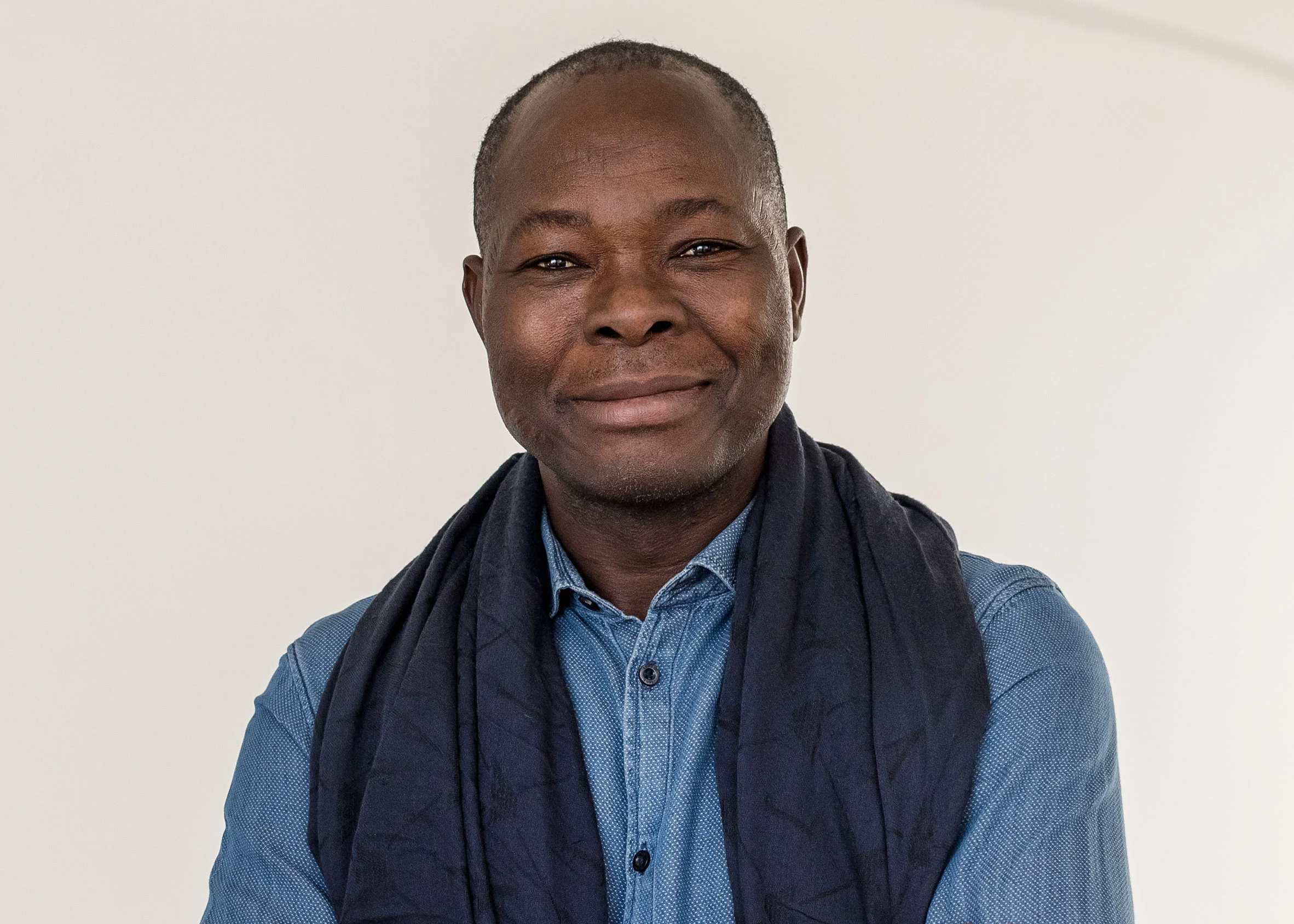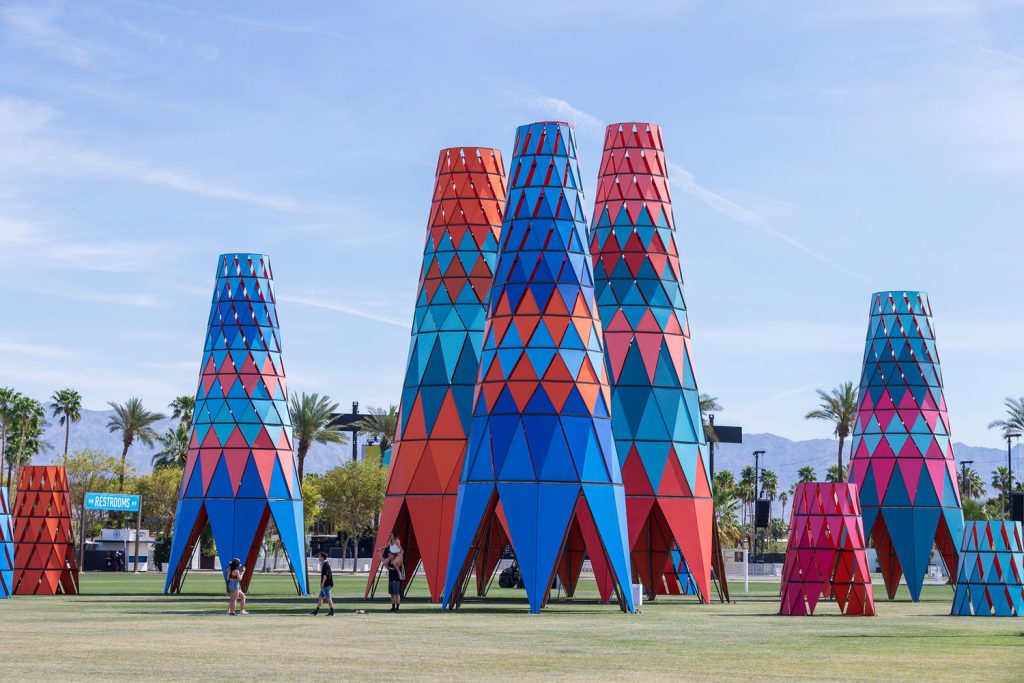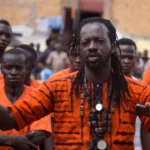Being the first Black man and most especially, the first African to win the most prestigious award in architecture is no easy feat and Burkina Faso’s Diébédo Francis Kéré must be feeling over the moon after being named 2022’s laureate for the Pritzker Architecture Prize.
Pritzker Architecture Prize is awarded to a living architect or architects whose built work demonstrates a combination of those qualities of talent, vision, and commitment, which has produced consistent and significant contributions to humanity and the built environment through the art of architecture.
The international prize, which is awarded each year was established by the Pritzker family of Chicago through their Hyatt Foundation in 1979. It is granted annually and is often referred to as “architecture’s Nobel” and “the profession’s highest honour.”
Francis was born in Gando, Burkina Faso in West Africa in 1965 and coincidentally, Diébédo, in his language, means “the one who came to organize things”. The architect is the eldest son of his village chief in a village that had no access to public water or electricity, and the literacy rate was below the national average of 25%.
He was the first in his community to attend school and due to the lack of educational facilities in the village, the young boy was forced to live with his uncle in a nearby town at the age of seven. In 1985, he moved to Berlin on a carpentry scholarship. There he learned to make roofs and furniture while attending evening classes.
Ten years later, in 1995, he received another scholarship, to study architecture at the Technische Universität Berlin, one of Europe’s most prestigious educational centres and got his degree in 2004. In 1998, with the help of colleagues from college, Francis founded the association Schulbausteine für Gando e.V. (now Kéré Foundation e.V.), a non-profit organization dedicated to building projects in the village of Gando, where he grew up.
Francis built his first building, the Gando Primary School, when he was still in college, in 2001. This project was recognized in 2004 with the prestigious Aga Khan Award, for works built in countries with a significant Muslim presence.
His first project was done using clay as the main building element. To convince people in his community, who were suspicious of the choice, that this was a reliable and durable material, Francis resorted to small scale models. ‘We made brick and put it in a bucket of water, where it stayed for five days. After that period, we took it out and the block was still solid. That’s convincing,’ he said. The project which was initially designed to house 150 children currently serves 700 children after later projects including an extension, teachers’ housing and library were completed.
Francis Kéré has since then been involved in various projects in Gando including the Gando Teachers’ Housing, Gando Mango Tree Project, Gando School Garden and Well, Gando Secondary School and Atelier Gando. His other projects include; Centre for Earth Architecture, Mopti, Dano Secondary School, Zhoushan Harbour Development, China, Zhoushan Harbour Development, China and International Red Cross and Red Crescent Museum, Geneva to mention a few.
In 2005, Francis Kéré founded his office, Kéré Architecture, which currently has branches in Germany and Burkina Faso. His professional work stands out because he shows that there is hope and that architecture can be universal and democratic.
Francis does not give up on the awareness that he has to deal with severe economic hardship among his natives and hence spare playful images to describe his processes: “you need strong, solid shoes and a big umbrella, this is how you protect the fragile clay walls from the action of time.”
Francis has employed hundreds of people in his efforts to incorporate local manpower into his construction and all his projects in Africa are built by people he trained.
”Nowadays there are more than 200 young people who have jobs, and the advantage is that these people do not need to go to neighbouring countries to work and send money home. I didn’t have a plan, I tried to use what was available, and all my recent work in Africa has been done by people I’ve trained on past projects, and that’s amazing.”
The innovative use of materials and local techniques together with the collaborative process developed with the community of Gando focused on environmental comfort and spatial quality earned Francis the Global Award for Sustainable Architecture from the Cité de l’Architecture et du Patrimoine in 2009. “The building we raised looked modern, but it was the same clay my people knew, just used in a very different way,” Francis noted.
Francis was the first African architect to design a Serpentine Pavilion. Invited by London’s Serpentine Galleries in 2017, the African architect imagined a tree-shaped structure, with a detached roof and curved walls formed by triangular modules in indigo, which represents strength in his culture.
Besides design practice, Francis also has an academic career. He has been a professor at the Technische Universität München since 2017 and has previously studied at the Harvard University Graduate School of Design (Massachusetts, USA) and the Yale School of Architecture (Connecticut, USA).
Kéré also has projects in Denmark, Germany, Italy, Switzerland, the United Kingdom and the United States. Some of his most significant works are Xylem Pavilion (2019, Montana, United States), Lycee Schorge Secondary School (2016, Koudougou, Burkina Faso), and National Park of Mali (2010, Bamako, Mali).
He has gone on to win (besides the Aga Khan Awards and the Global Award for Sustainable Architecture) the BSI Swiss Architectural Award (2010), the Global Holcim Awards Gold (2012, Zurich, Switzerland), the Schelling Architecture Award (2014), as well as the Arnold W Brunner Memorial in Architecture from the American Academy of Arts and Letters (2017); and the Thomas Jefferson Foundation Medal in Architecture (2021).
For his award, Diébédo Francis Kéré receives an award of $100,000 (US), a bronze medallion and of course, the bragging rights as the ‘Best Architect in the World’ for 2022.




















